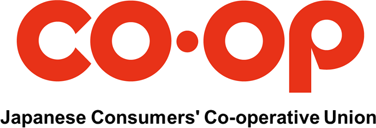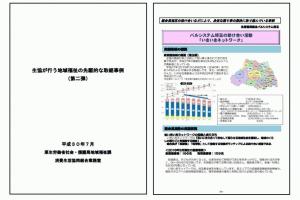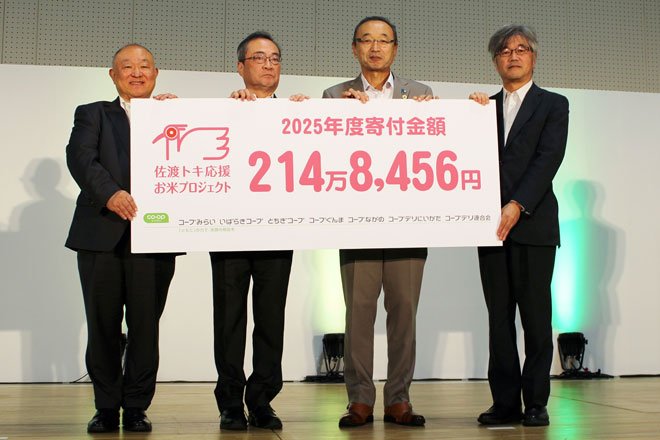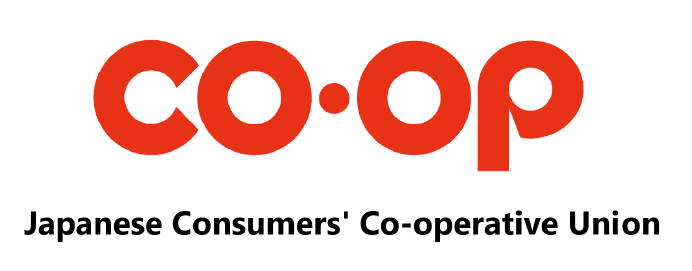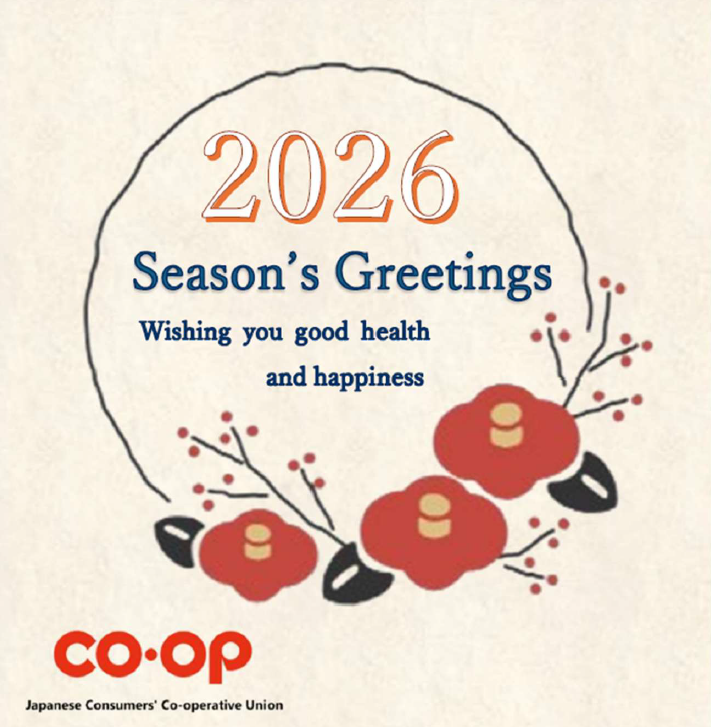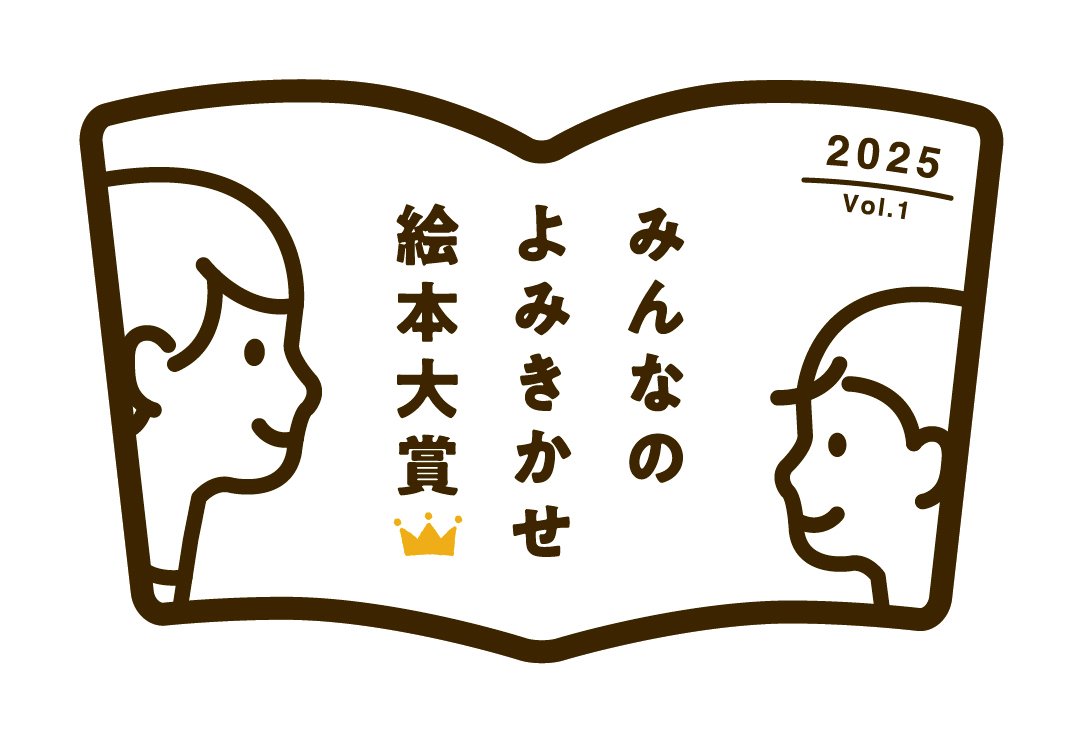MHLW announced the 'Pioneering efforts of regional welfare conducted by consumer co-ops (2nd phase)'
2018.09.04
The Ministry of Health, Labour and Welfare (MHLW) posted the second edition of a digital pamphlet “Pioneering efforts of regional welfare conducted by consumer co-ops” on the ministry’s website on August 6, 2018. Following the first edition announced on October 6, 2017, it is introducing 17 practical advanced case examples of consumer co-ops activities in Japan.
See also the news “JCCU received appraise from MHLW”
This pamphlet was created as a reference material for co-op’s future activities and projects as well as a reference guide to collaborate with consumer co-ops whenever local government and affiliated organizations are building comprehensive care system and regional symbiosis society. The case examples show how consumer co-ops use their characteristics to give support in the area of helping the elderly and their living, supporting people with disabilities, supporting child rearing from both sides of business and activities. Also Co-op’s business and activities based on mutual help of co-op members could be a big expectation to help build a comprehensive care system and symbiosis society.
The examples of the contents posted on the website are as follows;
- Services targeting all generations: Case studies of creating gathering space for elderly people, shopping support, housekeeping, after-school programme and learning support for children, using facilities such as co-op stores and welfare offices.
- Supporting elderly people comprehensively: Case studies of creating communities targeting those who need long-term care as well as all elderly people to live their daily lives safely and with a sense of security.
- Children support: Creating space for little children and their parent for children’s free activity and interchange as well as parent’s spontaneous mutual learning usually supervised by voluntary members with parenting skills.
- Supporting disabled people: To expand their employment and self-reliance support.
- Self-reliance support of the needy: Temporary loan for living expenses, self-reliance support of the homeless, creating job supporting facilities and helping the needy in the time of disaster.
- Cooperation between the Co-op members: Livelihood support, distribution of lunch boxes with the aim to confirm users’ safety.
- Collaboration between local organization and administrative: Case Studies to collaborate with local government, agricultural co-operatives and various organizations provide various dietary education related programmes, e.g. children’s cafeteria, sales experience at co-op store, and watch over activities through home delivery business.
